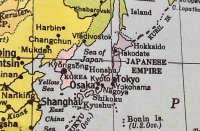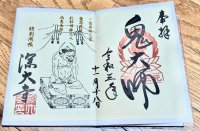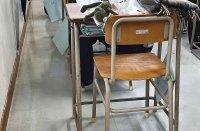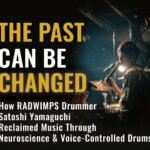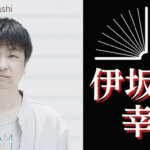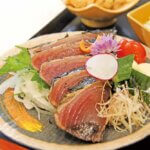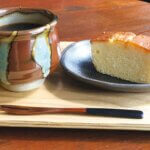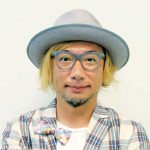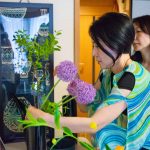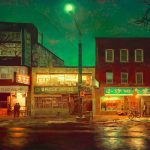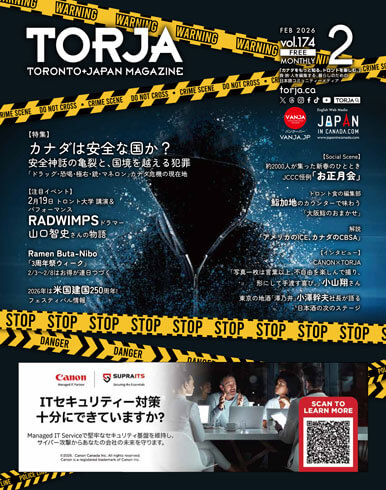With the ongoing dispute over the Japan-South Korea ‘trade war’, after Prime Minister Shinzo Abe formally removing South Korea from its “white list” of 27 countries preferred trade status, the diplomatic rift between Japan and South Korea is deepening hastily.
The issue of “comfort women” has been an irritant to Japanese nationalists for many years. The euphemism refers to Korean women who were forced to work as sex slaves in Japanese military brothels during World War II and the issue has been a major sticking point in Japan-South Korea relations. A study by the Yomiuri Shimbun and the Hankook Ilbo in Korea has found that 3 in 4 Japanese distrust South Koreans, and 75 percent of South Koreans had no trust in Japanese as well. This colonial atrocity and atonement has caused a bitter battle between the neighboring countries and the diplomatic relation deteriorate to their worst level in recent years.
Nagoya mayor demands removal of comfort women statue
The deterioration has also spilled over into the world of art. On August 3rd, an exhibition about Japan’s history of censoring art at the 2019 Aichi Triennale which displayed “comfort women” statue was closed after three days, due to censorship.
Titled “After Freedom of Expression?”, the exhibition was dedicated to showing works that could not be displayed in Japan due to censorship or self-censorship. The exhibition included the statue of a girl in traditional South Korean clothes sitting on a chair, symbolizing a “comfort women”. The piece was sculpted by a South Korean husband-and-wife team.
Nagoya Mayor, Takashi Kawamura demanded that the statue be removed from display in a letter of protest he sent on August 2nd to Hideaki Omura, the head of the festival organizing committee. Kawamura has previously made denialist statements about the Nanjing Massacre while receiving an official Chinese delegation from Nanjing, which lead to the suspension of all official exchange between the two cities of Nagoya and Nanjing on 21 February.
Regarding the display of the statue, Kawamura said, “It’s unrelated to a lack of freedom of expression. It doesn’t have to be displayed at a venue funded with a massive amount of taxpayers’ money,” and that freedom of expression “is not freedom where people can do whatever they want to,” but with public funds supporting the festival, “freedom of expression has a certain limit.”
He argued that the exhibition could give the “wrong” impression, that Japan accepts a South Korean claim that comfort women were forcibly taken by the Japanese military and thus, should not be displayed at a publicly funded event.
The threat and protests by Japanese citizens
Aichi Governor Hideaki Omura said they received protests from about 700 people by phone and email on August 1st alone. There were threatening e-mail messages, phone calls and faxes against the exhibition, and one of the faxes read “I will visit the museum carrying a gasoline container”, which evoke last month’s arson attack on Kyoto animation studio that killed 35 people.
The governor of Aichi Prefecture, Hideaki Omura, cited a decision to “put a priority on safety” in closing the exhibit at the Triennale. “This will be the worst censorship incident in Japan’s postwar period,” the artistic director of the Triennale, Daisuke Tsuda, told reporters, “It is regrettable that we have made an example that undermines freedom of expression,” “The government and public officials should be the ones protecting freedom of expression”. Omura also said, “Even if the expression is not to their taste, they should accept an expression as expression.”
72 Artists Revealed a Statement for Restoration and Continuation of Aichi Triennale
According to Bijutsu Techo, 72 artists participating in the Triennale released a statement expressing a strong protest against political intervention. The voices of artists call for “the restoration and continuation of art festivals free from political pressure and intimidation, and the opening of a free and vigorous forum where safety is ensured.” South Korean artists, Kim Minouk and Park Chan-kyong, allegedly cancelled the exhibiting of their works as an act to call for awareness of the restoration of art, free from political pressure.
The full statement can be found on the website.
https://bijutsutecho.com/magazine/news/headline/20295#.XUjRJcIS9RZ.twitter
Aichi Triennale Official Wesbsite


